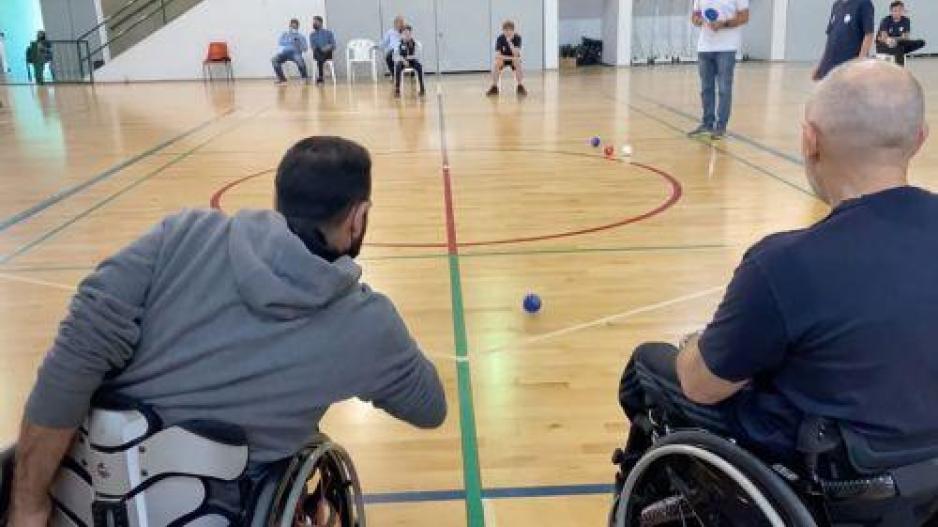Cyprus Cabinet Approves Revised National Disability Strategy And Action Plan 2024-2028
75 New Actions To Enhance Quality Of Life, Social Inclusion, And Accessibility For Persons With Disabilities
Seventy-five (75) new actions and goals aimed at enhancing the quality of life, strengthening the social inclusion of Persons with Disabilities, and eliminating all forms of discrimination are included in the revised National Disability Strategy 2018-2028 and the fourth National Action Plan for Disability 2024-2028, which were approved today by the Council of Ministers.
Speaking after the session, Deputy Minister of Social Welfare, Marilena Evangelou, stated that the Cabinet approved the revised National Disability Strategy 2018-2028 and the fourth National Action Plan for Disability 2024-2028.
As Ms. Evangelou noted, this framework introduces 75 new actions and goals aimed at improving quality of life, enhancing the social inclusion of persons with disabilities, and eliminating all forms of discrimination.
She added that "the actions to be implemented by a total of 8 Ministries and 4 Deputy Ministries are, for the first time, structured around thematic pillars rather than by individual Ministries, contributing horizontally to better achieving the desired outcomes."
A significant addition to the revised national strategy is the inclusion of measurable quantitative and qualitative indicators with defined timelines, clearly aiming to ensure the implementation of actions and the evaluation of their effectiveness, the Deputy Minister noted.
Specifically, she explained, the strategic objectives and goals guiding every policy, measure, and action concern the key aspects of life for a person with a disability, from birth to old age, and are grouped into the following seven pillars: early childhood and family intervention, unified and inclusive education, access to the physical and built environment, transportation, and information, access to healthcare and therapeutic intervention services, employment integration, adequate living standards and independent living, and participation in cultural life, recreation, leisure activities, and sports.
Indicatively, the Deputy Minister stated, within the framework of the seven pillars, among many other goals, are included measures such as increasing and expanding social benefits for persons with disabilities, coupled with an increase in provided services, with a measuring indicator being the new modern legislation for persons with disabilities, currently in the final stage of development in collaboration with the Cyprus Confederation of Organizations of Disabled Persons (CYSOA), expected to be completed by early 2025.
Additionally, the plan includes the introduction of the institution of personal assistants, disability advisors, trainers, and other professionals, measured by the number of new professionals and beneficiaries of new services; the recognition of parents or other family members of children and adults with disabilities as informal caregivers or service providers in cases where their children's disabilities prevent them from working; collaboration with non-governmental organizations and the Registrar of Cooperative Societies and Social Enterprises to establish sustainable social enterprises, based on a relevant plan aimed at creating new jobs and integrating persons with disabilities as employees or entrepreneurs; as well as additional actions to enhance the employment of persons with disabilities in the private sector.
Furthermore, Ms. Evangelou stated, provisions include the expansion of rehabilitation services within the General Health System (GESY) framework, based on legislative regulation for rehabilitation centers, specialized training for educational psychologists, school directors, teachers, assistants, and parents on issues concerning persons with disabilities, improvement projects for accessibility in public schools and infrastructure of buildings, roads, and public spaces, and strengthening digital skills of persons with disabilities through a series of training programs.
The Deputy Minister noted that the National Strategy, like every national strategy, serves as the coordinating framework and reference point for disability issues, acting as the control and accountability mechanism that enhances transparency. It holistically addresses the fragmentation of provided services, effectively placing all policies and actions related to persons with disabilities under the umbrella of the national strategy, with the Deputy Ministry of Welfare as the coordinating body for disability issues.






